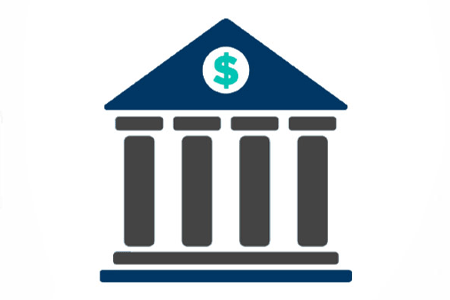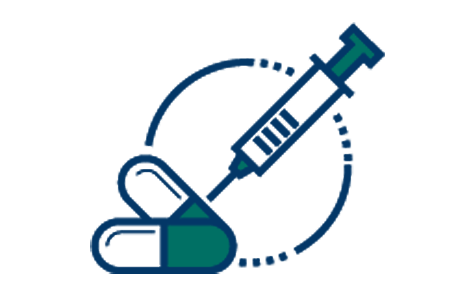Psychological Safety Training
Psychological Safety Training for Leaders Drives Stronger Engagement & Better Results
Foster trust, creativity, collaboration, and innovation across your organization.
Psychological safety at work is a shared belief held by members of a team that others will not embarrass, reject, or punish them for speaking up or making mistakes.
And a lack of psychological safety in the workplace has major business repercussions. First, when psychological safety is present, teams have higher levels of performance and lower levels of interpersonal conflict, our research has found. And when it isn’t present, and people don’t feel comfortable speaking up with their concerns, the organization isn’t as well equipped to innovate — or to prevent failure.
A psychologically safe workplace begins with a sense of belonging. Employees need to feel accepted for who they are and free to ask questions, raise issues, or experiment with new approaches.
Psychological safety training for leaders can make a real difference in helping managers create a safe climate for employees to share concerns, admit mistakes, offer ideas, and try new things. Including our research-based psychological safety training content as part of your leadership development initiatives can foster trust and enable teams to make bigger contributions, improving organizational outcomes.
Upskill Your Leaders With Psychological Safety Training
Nurture Psychological Safety by Developing Trust Within Teams
By leveraging our psychological safety in the workplace training, team leaders learn the skills and behaviors that promote a psychologically safe culture at work:
- Asking powerful, open-ended questions, and then listening intently to understand.
- Agreeing to share failures, recognizing that mistakes are an opportunity to learn and grow.
- Using candor, whether expressing gratitude or disappointment.
- Asking for help, and freely give help when asked.
- Embracing expertise among many, versus a “hero” mentality.
- Encouraging and expressing gratitude, which reinforces team members’ sense of self.
Start shaping a culture of trust at your organization with psychological safety training for leaders. We can deliver our world-class, research-based content on psychological safety training — or you can.
You Can Deliver Our Trust & Psychological Safety Training Content, or We Can
You Deliver
We can equip your facilitators to deliver an internal workshop on trust-building and a psychological safety in the workplace training:
Let’s talk about how you can leverage this psychological safety training and trust-building content into a custom internal development initiative
We Deliver
Or, we can incorporate our psychological safety training as part of a larger leadership development initiative for your organization:
Combine with other topic modules and interactive experiences into a customized learning journey for your leaders
Our highly personalized leadership programs incorporate elements of psychological safety training and trust-building
What Our Clients Are Saying
Organizations who have partnered with us to build trust and foster psychological safety in the workplace consistently tell us the same thing: their experience with CCL made a significant impact on their culture — and their bottom line.
But don’t just take our word for it — take theirs.
During our work with an international financial services client, we helped to develop a common leadership language across the entire organization and build a more collaborative, trusting culture. The company wanted to foster an environment where people could have meaningful, candid, and constructive conversations about performance, in line with its goals of becoming an employer and business of choice.
In a partnership with a pharmaceutical client, our facilitators sought to create a psychologically safe training environment for participants. To signal senior leader buy-in, executives were frequently present during the development experience, but our facilitators also designated key parts of the program as being for participants and facilitators only, to foster more candid discussions.
Let’s Discuss Trust & Psychological Safety Training at Your Organization
Our experts are here to help. Let’s have a conversation about how our psychological safety in the workplace training content could help support your development initiatives.
Psychological Safety & Trust: Research & Resources
Leaders can often subconsciously behave in ways that kill new ideas. Encourage innovation and risk-taking at your organization by avoiding these 9 unintentional behaviors that actually undermine innovation.
Watch this webinar and learn how to assess levels of psychological safety and create more of it to foster greater trust, creativity, collaboration, and innovation across your organization.
Trust building helps teams step into ambiguity, stay committed to managing the unknown with confidence, and embrace change as an opportunity to learn, grow, and do great work together.
Without a coaching culture, the truth often goes unspoken; change only happens during crisis; and courage is a rare quality. Develop conversational skills across your organization to scale a coaching culture and promote truth and courage.
When trust is absent, people hoard information, avoid risks, and talk about — rather than to — one another. Learn the real value of trust in the workplace.
Other Topics Related to Psychological Safety Training for Leaders
Package our research-backed psychological safety workplace training content with other proven leadership development topics and solutions for a customized, scalable solution perfect for your organization’s unique needs, context, and culture. Related topics include:








